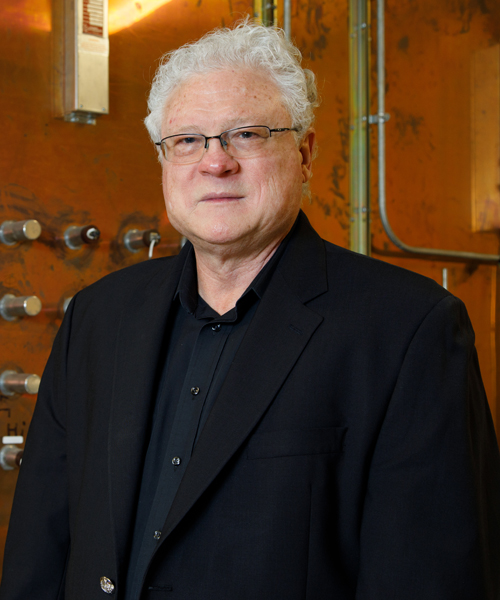TcSUH EventS

Joint Colloquim
Meso-Scale Correlated Electron Tunneling: Quantum Decay of the "False Vacuum" in the Laboratory
Date: Tuesday February 22, 2011
Time: 4:00 pm – 6:00 pm
Location: Science & Research Building 1 – Building 550 — Room 634
Overview
This talk will outline new developments on time-correlated tunneling of electrons condensed into soliton domain walls in charge and spin density waves. The model treats the density wave as a quantum fluid in which condensed electrons coherently flow through a pinning barrier as soliton pairs nucleate via quantum decay of the "false vacuum." Experiments showing evidence for collective quantum tunneling up to 215 K, and the dual process of quantum nucleation of superconducting Josephson vortices, will be discussed. Finally, the talk will discuss broader implications, including bubble nucleation of universes and a proposed "theta = pi" instability for spontaneous CP violation formally similar to the "theta = pi" threshold field for soliton pair nucleation in density waves. Dr.
Back to TcSUH News & Events
Special Seminar
Single Impurity Problem in Ultracold Atomic Fermi Gases----Whether Fully Polarized Ferromagnetism is Possible under Repulsive Interaction
by: TcSUH Administration
Date: Thursday January 06, 2011
Time: 4:00 pm – 5:00 pm
Location: Houston Science Center – Building 593 — Room 102
Overview
Ultracold atomic physics have achieved great developments, in both experimental and theoretical aspects, during the past decades. In this talk, I will first give a brief introduction of cold atoms and some recent experimental developments. I will then focus on one of our recent works in understanding magnetism and correlation effects in repulsively interacting two-component Fermi gases. This is motivated by a recent expermimental work done by MIT on itinerant ferromagetism(FM) in cold fermions(Science 325, 1521(2009)). Specifically we use variational approach to study whether a fully polarized Fermi sea of ultracold atoms is energetically stable against a single spin flip.We find that for both lattice and continuum models, fully polarized FM is generally not stable even for infinite repulsive strength. However for a resonance model FM is possibly stable as long as s-wave scattering length is large and positive and the system is prepared in the metastable scattering branch.
Back to TcSUH News & Events
